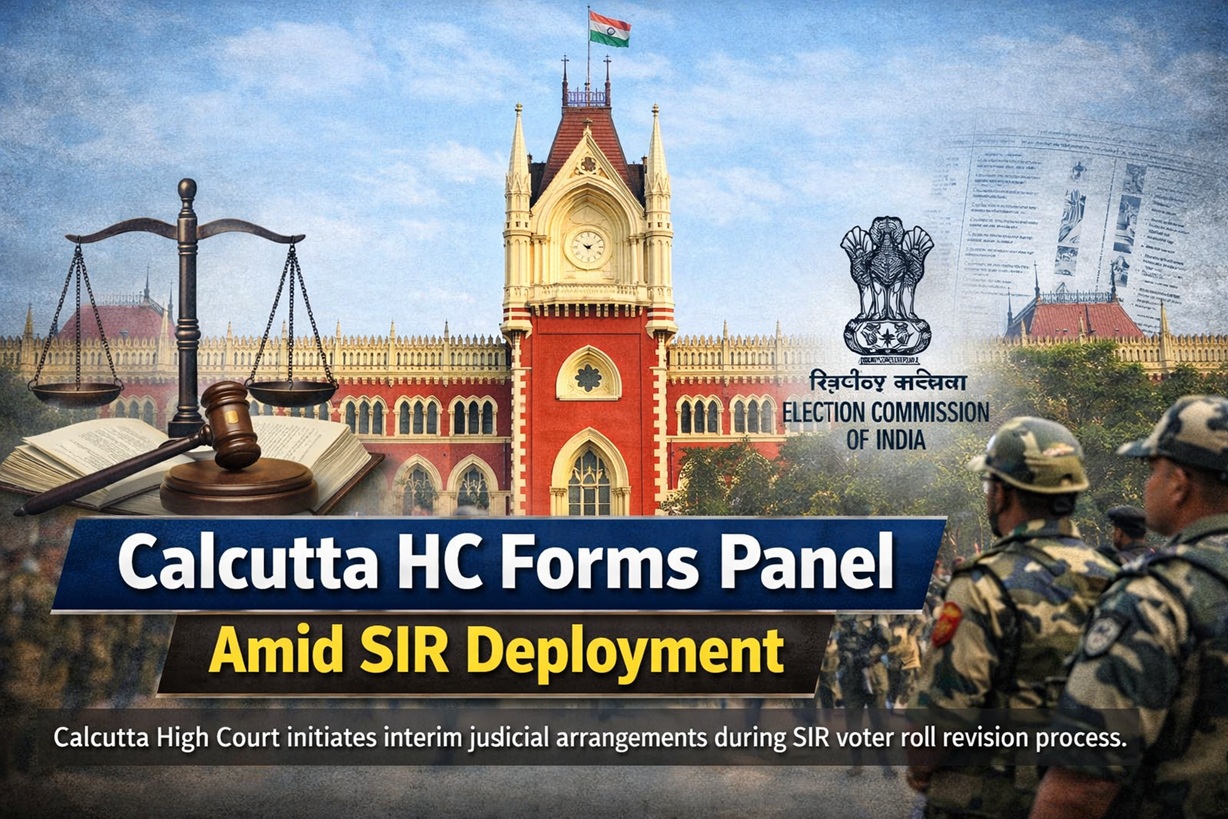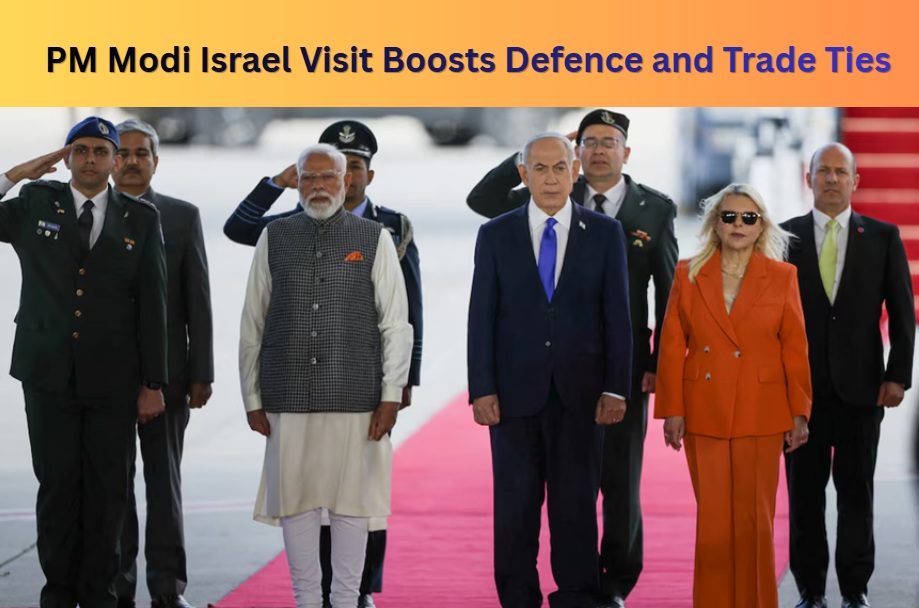The brutal terrorist attack in Jammu and Kashmir’s Pahalgam region, which left 26 civilians dead, has triggered a seismic shift in India-Pakistan relations. For the first time in decades, India’s response is not just swift but strategically layered — combining military action, diplomatic offense, economic warfare, and psychological pressure.
As Pakistan scrambles for cover, Prime Minister Shehbaz Sharif has offered participation in a “neutral and transparent investigation.” But India has made it clear: this time, no charades, no compromises. Those responsible will be punished.
Massive Crackdown in Kashmir: India’s Retaliation Begins
In the immediate aftermath of the Pahalgam massacre, India unleashed its largest counter-terror operation in recent times:
Terrorist hideouts in Tral, Anantnag, Pulwama, Kulgam, and Shopian have been systematically demolished.
Over 175 suspects have been detained for interrogation.
Six houses belonging to active terrorists have been razed to the ground.
Search operations are underway without pause, with the Indian Army maintaining the highest state of alert.
The Indian government’s message is clear: There will be no safe haven for terrorism within its borders.
Pakistan’s Desperation: A Familiar Script of Denial
Facing India’s wrath, Pakistan has reverted to its old playbook:
First foment terror, then deny involvement, and finally plead innocence before the international community.
But the world isn’t buying it anymore. India’s hard diplomatic push has worked:
The United States officially recognized the Pahalgam killings as an act of Islamic terrorism.
Even when outlets like The New York Times attempted to downplay the attack by calling the perpetrators “militants,” the U.S. State Department corrected the record, labelling them appropriately as terrorists.
This global consensus marks a significant diplomatic victory for India — something unimaginable just a few years ago.
The Indus Waters Treaty Suspension: A Strategic Masterstroke
In a landmark decision, India has suspended the Indus Waters Treaty, which had, since 1960, allowed Pakistan generous access to river waters originating from India.
The suspension is devastating for Pakistan because:
Pakistan’s agriculture depends heavily on the Indus River system.
Without data-sharing, Pakistan risks catastrophic floods or droughts without warning.
Internal fractures are widening as Sindh province accuses Punjab of hoarding water, leading to protests and highway blockades.
Former Pakistani foreign minister Bilawal Bhutto Zardari’s inflammatory remark — “If water doesn’t flow, blood will flow” — betrays Islamabad’s panic.
But this is a new India — no longer willing to bend under threats.
Pakistan’s Internal Chaos: A Nation Imploding From Within
The ripple effects of India’s moves are already visible inside Pakistan:
Mass protests in Sindh over water shortages.
The Lahore-Karachi highway blocked by enraged farmers demanding their share of water.
Rising resentment between Punjabis and Sindhis, threatening Pakistan’s fragile internal cohesion.
Meanwhile, Pakistan’s army is overstretched:
1) Facing pressure from Iran on its western front.
2) Battling insurgents in Balochistan.
3) Struggling with Afghan border skirmishes.
Add to this the looming threat of FATF blacklisting, which would completely cut Pakistan off from international financial institutions like the IMF and World Bank.
Pakistan, already teetering economically, now stands on the edge of total collapse.
The New Face of Modern Warfare
Many emotional voices demand immediate military strikes. But India’s strategy is far more evolved — and far more devastating.
Today’s wars are fought across multiple dimensions:
Military (targeted anti-terror operations).
Economic (suspension of Indus Waters Treaty).
Diplomatic (global isolation of Pakistan).
Psychological (undermining internal stability).
Digital (countering propaganda and misinformation).
India is executing a multi-front war strategy — calculated, relentless, and patient.
This is not 1947, not 1965, not 1971.
This is 2025 — and India is setting the new rules of engagement.
The Future of Pakistan: A Nation on the Brink of Disintegration
If current trends continue, Pakistan risks ceasing to exist as a unified nation.
In a few years, the map could look dramatically different:
Balochistan — independent.
Sindh — seeking sovereignty.
Punjab — isolated.
Gilgit-Baltistan — up for grabs.
An irresponsible, terror-exporting state cannot survive indefinitely.
And now, with no global savior left (not even Washington), Pakistan faces its reckoning.
Conclusion: Faith, Patience, and Unwavering Strength
Prime Minister Narendra Modi’s government is demonstrating strategic clarity and an iron resolve.
India will ensure:
Terrorists are eliminated.
Water leverage is used effectively.
Pakistan’s terror infrastructure is dismantled.
Justice is delivered, blood for blood.
The Pahalgam attack was the final straw. Now, India is turning the tables — for good.
Stay strong. Stay alert. India’s future is in safe hands.
#shehbazsharif #bilawalbutto #PahalgamTerroristAttack #Sjaishankar #indiaarmy #indiannavy #indiaairforce #crpatil #PmModi #DonaladTrump #IndianArmy #TulsiGabard #AmitShah #pakistannews #rahulgandhi #pahlgam





